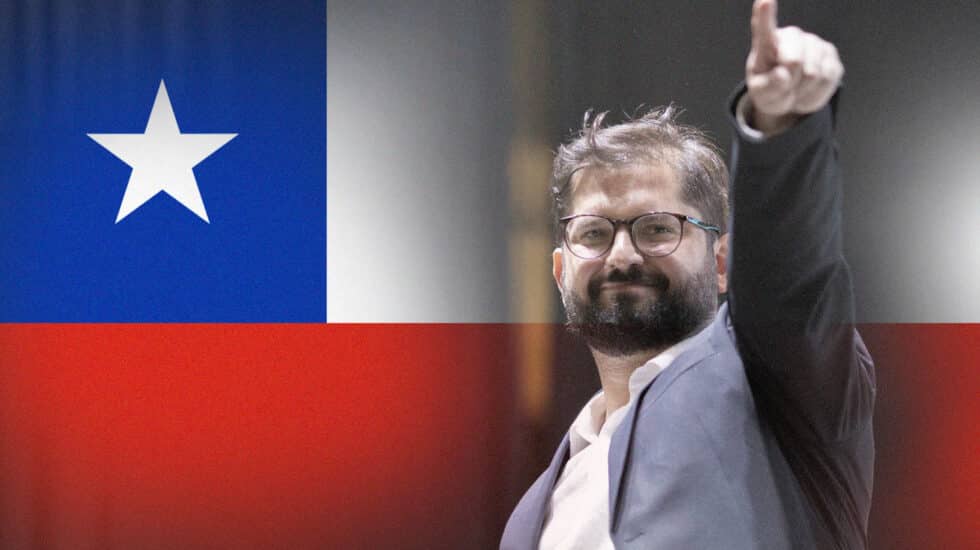RIO DE JANEIRO, BRAZIL – On Friday, July 1, Chile’s President of the Republic, Gabriel Boric, together with the Minister of Finance, Mario Marcel, presented the tax reform project that aims to promote the country’s development and responsibly finance structural reforms, the expansion of social rights such as health and pensions, as well as to support Chile’s productive diversification.
“This reform favors greater equity, greater social cohesion, and is not against anyone. It is for a better distribution of the wealth that we all generate together, and that will allow us social rights,” said President Gabriel Boric in the presentation at La Moneda Palace.
With this initiative, the Government meets the commitment to raise the tax burden and increase tax collection to finance structural reforms while maintaining fiscal responsibility, that is, a New Fiscal Pact.

“I am sure that with what has been presented today and with the discussion we will have in Congress, we will be one step closer to a New Fiscal Pact to move towards a more sustainable development in social, economic, and environmental terms and, above all, to build a fairer and more dignified country for all,” reflected the Head of State.
It should be noted that the tax reform will increase tax collection by 4.3% of GDP when it is fully implemented, closing gender gaps, supporting middle-income sectors, simplifying the tax system, and advancing the country’s decentralization.
The reform addresses four major areas:
ONE
A restructuring of the income tax by creating a modern semi-dual system, stimulating business investment, and directly incentivizing actions aimed at increasing their productivity, simplifying the system as a whole.
The combination of the new regime of taxation of capital income, the increase in the rates of the complementary global tax that taxes the highest income from work, and the creation of a wealth tax will increase the progressivity of the system, raising the contribution of the richest, while the remaining 97% of taxpayers will not pay more taxes.
TWO
A set of measures to reduce tax exemptions, eliminate loopholes that facilitate tax avoidance, strengthen the capacity to combat tax evasion, and facilitate tax compliance by good taxpayers.
THREE
A new mining royalty, increasing the income captured by all Chileans from exploiting non-renewable resources, such as copper, without discouraging investment and development in this sector.
The collection of this tax will be oriented to support the country’s productive diversification and finance regional governments for their investments in social infrastructure and productive development.
FOUR
Corrective taxes to promote the environment’s preservation, reduce emissions, and develop a healthy life and a balanced territorial development.
With information from Diario Jurídico

